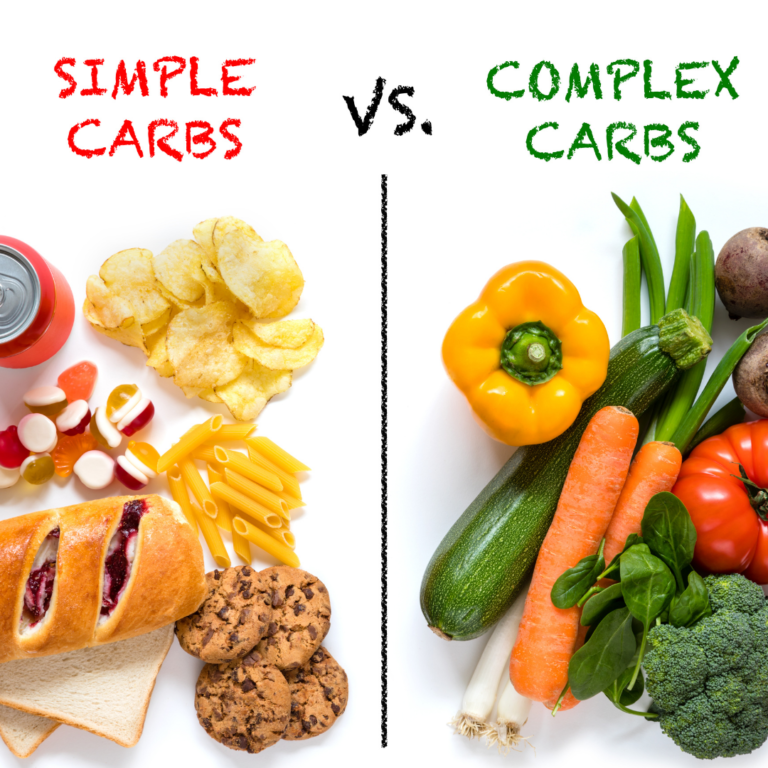Beginning a fitness journey can seem daunting, especially with all the advice and conflicting information out there. The truth is, it’s not about jumping into an extreme routine or following the latest fitness craze. The key to success lies in building sustainable habits, understanding your body’s needs, and making gradual, lasting changes that fit your lifestyle.
Starting Slowly and Building Habits
One of the biggest mistakes people make is trying to do too much, too fast. Whether it’s signing up for daily high-intensity workouts or overhauling your entire diet, these drastic changes are often difficult to maintain and can lead to burnout. Instead, start slow. Incorporate physical activity into your routine in ways that are manageable, like walking during lunch breaks or hitting the gym once a week.
Consistency is far more important than intensity when you’re starting out. Focus on building habits over time, and as your fitness level improves, you can gradually increase your workload.
Understanding Your Caloric Needs
A critical aspect of weight loss is understanding your caloric needs. No two people are the same, and your individual calorie requirements depend on a variety of factors such as age, gender, activity level, weight, and muscle mass. To lose weight, you need to consume fewer calories than your body burns each day, creating a caloric deficit.
There are many online tools that can help you estimate how many calories you need, but it’s important to listen to your body and adjust your intake as needed. Keep in mind that sustainable weight loss happens over time, and sudden, drastic calorie cuts aren’t the answer.
Cardio vs. Strength Training: What’s Best for Fat Loss?
When you’re first starting out, cardio exercises like running, biking, or swimming are excellent ways to burn calories and improve your heart health. However, strength training is equally important when it comes to fat loss. Lifting weights or doing bodyweight exercises helps build muscle, which increases your metabolism and allows your body to burn more calories even when at rest.
For best results, incorporate both cardio and strength training into your routine. Start with cardio to ease into a fitness routine, and gradually add strength training to support muscle growth and improve overall fitness.
The Importance of Proper Hydration
Hydration is an often overlooked, yet essential, component of fitness and health. Staying hydrated keeps your body functioning optimally, helps regulate body temperature, and prevents fatigue. A general guideline is to drink eight glasses of water per day, but this varies based on your activity level and climate. If you’re exercising or sweating heavily, you’ll need to increase your water intake. A simple rule of thumb: if your urine is light yellow, you’re well-hydrated.
Choosing the Right Diet for Long-Term Success
There’s no one-size-fits-all approach when it comes to diet, but consistency is more important than following any specific diet trend. Whether you prefer a low-carb, plant-based, or intermittent fasting approach, what truly matters is that you’re eating in a way that’s sustainable for the long term.
The most important factor for weight loss is maintaining a caloric deficit, meaning you consume fewer calories than your body needs to maintain its current weight. Once you reach your goal, understanding your maintenance calories will help you sustain your weight loss.
Staying Motivated with Exercise
Motivation can be one of the toughest aspects of staying on track. Finding an activity you enjoy is crucial to making exercise a regular part of your life. Whether it’s walking, rollerblading, dancing, or even surfing, doing something that makes you feel good is far more sustainable than forcing yourself to do workouts you dread.
Accountability is also a great motivator. Setting goals, tracking your progress, and having a workout buddy or coach can help keep you on track when motivation wanes.
The Role of Cheat Days
Cheat days, when done in moderation, can actually help keep you motivated by providing balance. Allowing yourself a day each week to indulge in foods you’ve been craving helps prevent the feelings of deprivation that can lead to overeating. The key is moderation—cheat days shouldn’t turn into binge days. Instead, enjoy the foods you love without going overboard, and then get right back on track.
The Importance of Sleep in Fitness and Weight Loss
Sleep plays a much larger role in fitness and weight management than most people realize. When you’re sleep-deprived, your body produces more hunger-inducing hormones, leading to overeating. Lack of sleep also slows down your metabolism and makes it harder for your body to recover from workouts.
For optimal health, aim for 7-9 hours of quality sleep per night. This will not only improve your energy levels but also support your weight loss and fitness goals.
Balancing Muscle Gain and Fat Loss
It’s challenging to lose fat while gaining muscle, but it is possible with the right approach. The key is maintaining a slight caloric deficit while making sure you’re getting enough protein to support muscle growth. Strength training combined with proper nutrition allows your body to shed fat while preserving lean muscle mass.
Tracking Your Macros for Success
To ensure you’re fueling your body correctly, tracking your macronutrients (proteins, carbohydrates, and fats) can be a game-changer. By monitoring your macros, you can make sure you’re getting the right balance of nutrients to support energy, muscle repair, and overall health. For weight loss, the focus should be on maintaining a caloric deficit while still getting enough protein to support muscle growth and repair.
Conclusion: Start Small, Stay Consistent
A fitness journey is exactly that—a journey. It’s about making small, manageable changes that add up over time. Whether your goal is to lose weight, build muscle, or simply improve your overall health, the most important thing is to stay consistent and patient. Remember, you don’t have to do it all on your own. Seeking guidance from certified professionals (like me!) can help you navigate the ups and downs and provide the personalized support you need to succeed.







